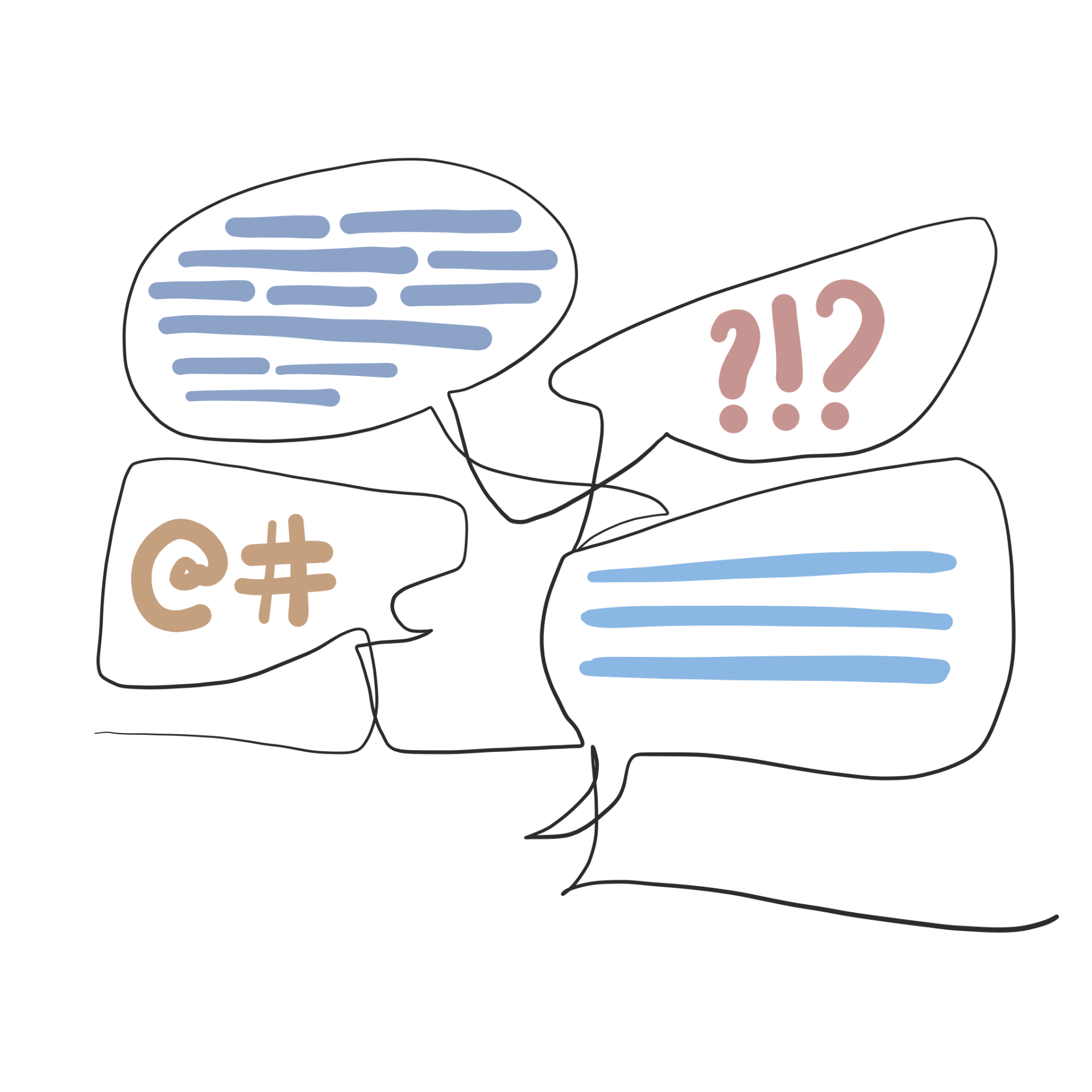On average, English speakers utter around 16,000 words per day, most of it in interactions with other people. Yet, the language sciences have predominately approached language as if we use it for monologue, studying the processing of isolated words, sentences, paragraphs, or book excerpts. Even the psycholinguistic approach to dialogue has tended to ignore the dynamic, interactive nature of conversations, treating them as if they are all the same, akin to serialized monologues. In the CSL Lab, we approach language as being fundamentally collaborative and improvisational, like a game of charades. Our research studies the ways in which interlocutors work together to establish and maintain a common understanding in conversation. The results show that not all conversations are the same but, rather, are sensitive to variation in conversational contexts, including the native language of the interlocutors. Thus, conversations are much more dynamic and varied than typically assumed, requiring the language sciences not only to adopt a more dialogic perspective on language but also to reconsider the nature of linguistic representations.

Dr. Christiansen delivering his lecture, The Language Game: How Language Emerges from Improvisation, in the Emergentism, Ecosystem, and Expertise (E*3) Presentation Series.
Representative Publications
Kristensen-McLachlan, R.D., Contreras Kallens, P. & Christiansen, M.H. (in press). LLMs highlight the importance of interaction in human language learning. Linguistics Vanguard.
Nielsen, Y.A. & Christiansen, M.H. (in press). Evidence for the representation of non-hierarchical structures in language. Nature Human Behaviour.
Dideriksen, C., Christiansen, M.H., Tylén, K., Dingemanse, D. & Fusaroli, R. (2023). Quantifying the interplay of conversational devices in building mutual understanding. Journal of Experimental Psychology: General, 152, 864–889.
Trujillo, J.P., Dideriksen, C., Tylén, K., Christiansen, M.H. & Fusaroli, R. (2023 ). The dynamic interplay of kinetic and linguistic coordination in Danish and Norwegian conversation. Cognitive Science, 47, e13298.
Christiansen, M.H. & Chater, N. (2022). The language game: How improvisation created language and changed the world. Basic Books
